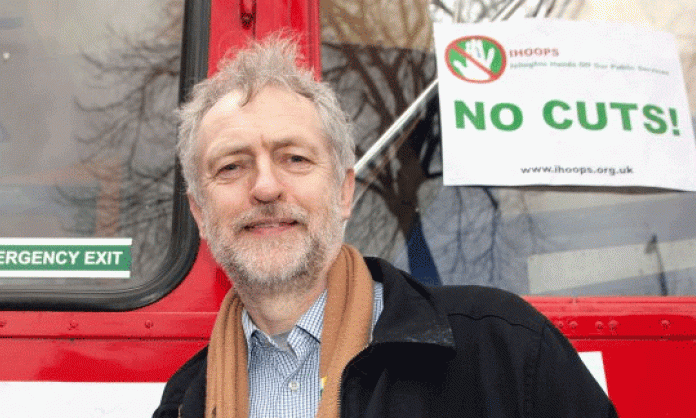For the better part of a century, it has been a basic assumption of Marxism that the reformist social democratic parties will, sooner or later, sell their souls to the status quo.
As far as propositions with an abundance of supporting evidence go, this one is up there with the law of gravity, and nowhere more so than in Australia, where the local franchise wrote the White Australia policy into its foundation document.
Nonetheless, there have been some proud moments in the history of the Australian Labor Party. Like the time it expelled from the party its own prime minister, Billy Hughes, rather than support his plan to introduce conscription in WWI.
Or when Doc Evatt, Labor leader in the early 1950s, stood up to Robert Menzies’ attempt to ban the Communist Party. The Labor-led campaign for a “no” vote in the 1951 referendum on that issue took place in an atmosphere of press hysteria every bit as toxic as the current fear-mongering about Islamist terrorism and refugees. But Labor stood firm and Menzies’ referendum was defeated.
Or take the Labor Party left-wingers who led the campaign against the Vietnam War. In one memorable incident of that period, future Victorian MP Joan Coxsedge led a band of Labor activists to the South Yarra residence of the US consul and defoliated his garden with a chemical similar to Agent Orange.
But so at odds is this history with the reality of the modern ALP, you may as well be talking about a different party. Of course, there has always been a right wing of the ALP oriented to sucking up to the establishment and mirroring the policies of the conservatives. What is so different today is the complete absence of a left wing putting forward any fighting alternative.
Around the world, radical reformism is far from dead. In Greece, the Left Platform inside Syriza is currently engaged in a monumental struggle to resist the capitulation to austerity being carried out by prime minister Alexis Tsipras.
Even in Britain, where politics is usually as dull and depressing as the weather, Jeremy Corbyn’s campaign for the Labour leadership has the Blairite establishment of the party in a fit of uncomprehending apoplexy, unable to process the idea that Labour supporters could back a candidate that was anything other than Tory lite.
But the stunning rise of Corbyn and his “whacky” campaign, which involves standing for basic social democratic principles and being willing to explain them in straightforward language, is unimaginable in modern Australian Labor.
Tony Blair might have fancied himself as a slayer of leftism in the party, but his antipodean counterparts, Bob Hawke and Paul Keating, got started a decade earlier and were much more effective. The equivalents of Corbyn in Australian Labor – people like onetime Victorian party secretary Bill Hartley – were all expelled or otherwise shunted out of the party in the 1980s.
Corbyn is part of a left that – however weak and at times craven – still exists as an identifiable ideological bloc in British Labour. While British leftists were justifiably outraged when the overwhelming majority of Labour MPs refused to vote against Tory welfare cuts last month, the extraordinary thing from the Australian point of view is that there were 48 Labour MPs who took a stand against the party line and voted no.
In Australia, what passes for a “revolt” from the so-called left of the party is the threat to vote against the leadership, not in parliament (heaven forbid!), but at the party conference.
And if – as happened this year – it looks like the left might by accident almost have a majority of the delegates, it takes as its chief task maintaining the political authority of the party leader, even if that means rolling over and backing a refugee policy that even John Howard considered too barbaric to embrace.
The policies Jeremy Corbyn champions in Britain – opposition to war and austerity, support for increasing taxation on the rich, the abolition of tuition fees at universities and the renationalisation of public transport – might be anathema to the corporate and political establishment, but they are all extremely popular with a disillusioned public. A loud voice bucking the monolithic right wing babble of mainstream politics here could have a similar impact.
You can bet your bottom dollar, though, that if a Corbyn-like figure does emerge in Australia, it won’t be from the mangled wreckage of the ALP left.





